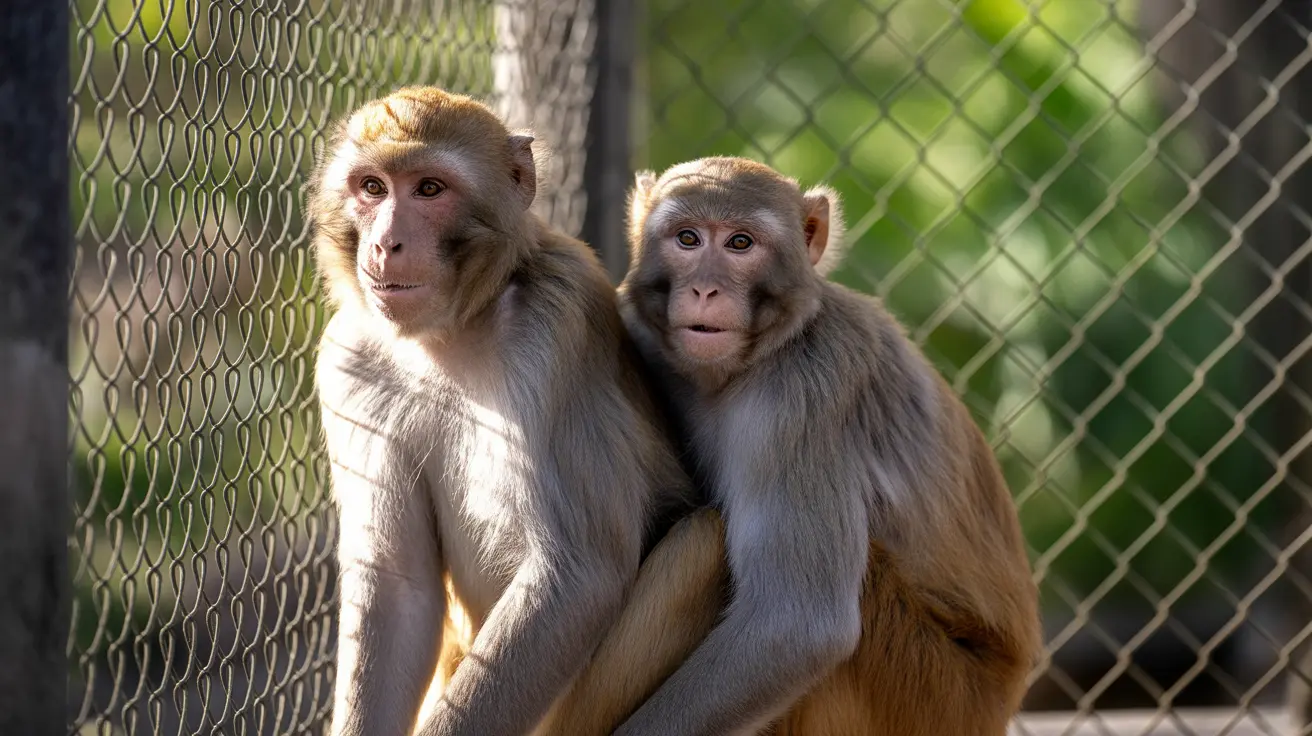Despite previous commitments to reduce primate testing in federal research, animal rights organizations are raising concerns about the continued flow of funding for nonhuman primate experiments. The controversy highlights the complex balance between advancing medical research and addressing ethical concerns surrounding animal testing.
The National Institutes of Health (NIH) and other federal agencies continue to maintain substantial investment in primate research, with overall animal research funding reaching billions of dollars annually. While some recent cuts have resulted in nearly $28 million in cancelled grants, advocates argue these reductions fall short of earlier promises to significantly scale back primate testing.
Current State of Nonhuman Primates in Biomedical Research
The ongoing debate centers on research facilities, including those in South Carolina, where primate colonies continue to receive federal support. These facilities play a crucial role in biomedical research, though their operations have come under increased scrutiny from animal welfare advocates and ethics committees.
Animal Welfare in Scientific Studies
Research institutions must adhere to strict protocols regarding the treatment of laboratory animals. However, concerns persist about the welfare of primates in research settings, including:
- Housing conditions and environmental enrichment
- Psychological well-being of research subjects
- Long-term care provisions
- End-of-life decisions for research animals
Alternatives to Primate Testing
The scientific community is actively developing alternative research methods to reduce reliance on animal testing. Several promising approaches include:
Computer Modeling in Medical Research
Advanced computational models are enabling researchers to simulate biological processes and test potential treatments without using live subjects. These systems can often predict outcomes more rapidly than traditional animal testing methods.
Organ-on-a-Chip Technology
This innovative technology recreates the function of human organs on miniature chips, offering a potential alternative to some types of animal testing. These devices can model disease progression and drug responses while reducing the need for live animal subjects.
Impact of Funding Cuts on Research Labs
Recent funding adjustments have created uncertainty for research facilities. Some centers face significant budget challenges that could affect:
- Ongoing research projects
- Employment of scientific staff
- Care for existing primate populations
- Future research capabilities
Federal Animal Research Policies
Current policies reflect a complex balance between scientific necessity and ethical considerations. While the government maintains support for essential primate research, there is increasing pressure to:
- Enhance transparency in funding allocation
- Strengthen welfare oversight
- Accelerate development of alternative testing methods
- Review and update research protocols
Frequently Asked Questions
What types of primates are commonly used in U.S. biomedical research, and why are they chosen?
Commonly used primates include rhesus macaques, baboons, cynomolgus macaques, marmosets, and tamarins because of their physiological and neurological similarities to humans, making them vital for studying diseases and developing treatments.
How much federal funding is currently allocated to primate experiments, and is this funding decreasing?
The NIH and other agencies spend billions annually—up to $20 billion on animal research including primates—with some recent cuts totaling nearly $28 million in cancelled grants, although overall funding remains substantial and controversial.
What alternatives to primate testing are being developed and promoted?
Alternatives include computer modeling, organ-on-a-chip technologies, AI-based systems, and cell-based assays like induced pluripotent stem cells (iPSC) derived from primates, which aim to reduce or replace live animal use in research.
The ongoing dialogue between research institutions, animal rights advocates, and policymakers continues to shape the future of primate research in America. As technology advances and alternative testing methods mature, the scientific community faces the challenge of maintaining research progress while addressing ethical concerns and public accountability in animal testing.






